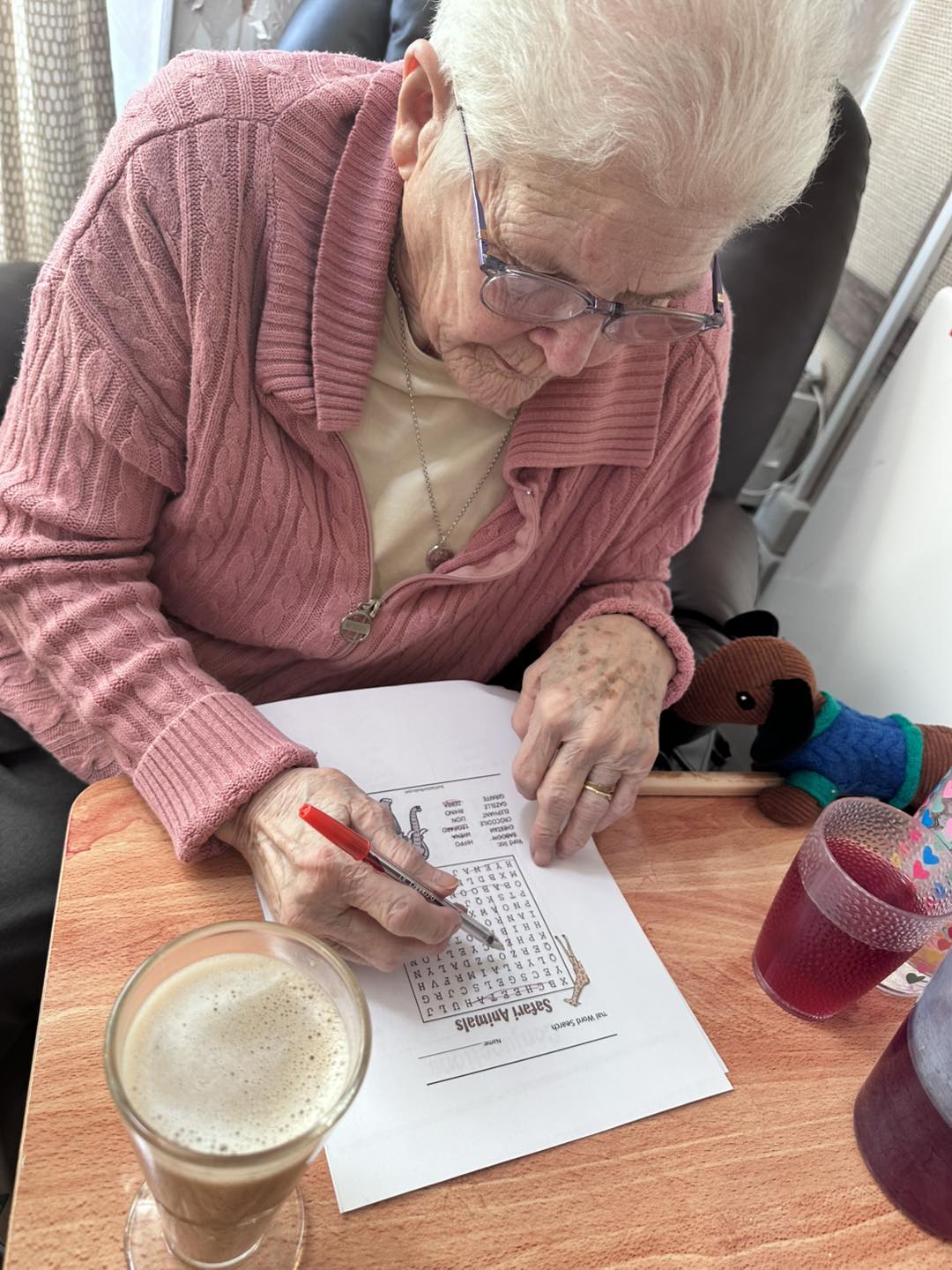Are you responsible for the medication management of residents?
Ensuring safe and effective treatment is crucial in providing quality care. Proper medication administration plays a vital role in maintaining their health and well-being.
In this article, we will discuss strategies for effective medication monitoring to help you stay on top of your residents’ medications. We will also explore best practices for medication safety to minimize the risks associated with medication errors.
By understanding common challenges in medication management, you can implement proactive measures to overcome them.
Finally, we will highlight the benefits of a comprehensive medication management system that can streamline processes and enhance resident care.
With this knowledge, you can confidently navigate the complexities of medication management and ensure the safe and effective treatment of your residents.
Importance of Proper Medication Administration
You need to understand the importance of properly administering medications to ensure the safety and effectiveness of treatment for your residents. Proper medication administration is crucial as it can prevent harmful drug interactions, minimize adverse effects, and maximize therapeutic benefits.
When medications are administered correctly, residents are more likely to experience positive health outcomes and improved quality of life.
One of the key reasons why proper medication administration is important is because it helps prevent harmful drug interactions. Administering multiple medications simultaneously without considering their potential interactions can lead to serious consequences for residents. By understanding each resident’s complete medication profile and being aware of potential drug-drug or drug-food interactions, you can minimize the risk of adverse events.
Additionally, proper medication administration plays a vital role in minimizing adverse effects and maximizing therapeutic benefits. Following the correct dosage instructions, timing, and routes of administration prescribed by healthcare professionals ensures that residents receive the intended benefits from their medications. This not only improves their overall well-being but also reduces the likelihood of experiencing unnecessary side effects or complications.
Understanding the importance of proper medication administration sets a solid foundation for effective medication monitoring strategies. By ensuring that medications are administered correctly, you can then focus on implementing strategies that promote safe storage, regular reviews with healthcare providers, and ongoing communication with residents about their treatment plans.
These strategies will be discussed in detail in the subsequent section on ‘strategies for effective medication monitoring’.
Strategies for Effective Medication Monitoring
Implementing strategies to carefully monitor and track the use of prescribed medications can significantly enhance the overall quality of care provided to individuals. By closely monitoring medication usage, healthcare providers can ensure that residents are receiving the correct medications at the proper dosages and frequencies. This helps to prevent medication errors, such as missed doses or accidental double doses, which can have serious consequences for residents’ health.
Additionally, effective medication monitoring allows healthcare providers to identify any adverse reactions or side effects early on, enabling them to adjust treatment plans accordingly and minimize potential harm. Regularly reviewing medication records also enables healthcare providers to identify any potential drug interactions or contraindications that may exist between different medications a resident is taking.
By implementing these strategies for effective medication monitoring, healthcare providers can improve patient safety and optimize treatment outcomes.
Transitioning into the subsequent section about ‘best practices for medication safety’, it is important to highlight that while monitoring medication usage is crucial, it is just one component of ensuring safe and effective treatment for residents. In addition to careful monitoring, there are several best practices that should be followed in order to maximize medication safety and minimize risks.
Best Practices for Medication Safety
To make sure you’re taking your medications safely, it’s important to follow these best practices.
First and foremost, always read the medication labels carefully before taking any new medication. Pay close attention to the dosage instructions, potential side effects, and any special precautions or warnings.
If you have any questions or concerns, don’t hesitate to ask your healthcare provider or pharmacist for clarification.
Secondly, it’s crucial to take your medications exactly as prescribed by your healthcare provider. This means following the recommended dosage schedule and not skipping doses.
If you find it difficult to remember when to take your medications, consider using pill organizers or setting reminders on your phone. It’s also important not to modify the dosage without consulting your healthcare provider first.
Transitioning into the subsequent section about ‘common challenges in medication management’, it is essential to be aware of these best practices in order to address some of the common challenges that may arise during medication management.
By adhering to proper labelling and following prescribed dosages, you can minimize the risks associated with medication use and ensure effective treatment.
Common Challenges in Medication Management
When facing common challenges in medication management, it’s important to address potential obstacles that may arise. One of the most common challenges is medication errors, which can occur due to factors such as miscommunication, incorrect dosing, or confusion between similar medications. To mitigate this challenge, healthcare providers should implement strategies such as double-checking medication orders and providing clear instructions to both residents and staff.
Another challenge is medication non-adherence, where residents may forget to take their medications or intentionally skip doses. This can lead to ineffective treatment and potential health complications. To tackle this issue, healthcare professionals can educate residents about the importance of medication adherence and provide tools like pill organizers or reminder systems.
Addressing these challenges requires a comprehensive medication management system that can help minimize errors and improve overall resident care. By implementing such a system, healthcare facilities can ensure accurate prescription filling, proper storage of medications, and timely administration.
Additionally, a comprehensive system allows for better tracking of residents’ medication history and enables healthcare providers to identify any patterns or issues that need attention. Moreover, with the help of technology solutions like electronic prescribing systems or automated dispensing machines, medication management becomes more efficient and less prone to errors.
By embracing these benefits of a comprehensive medication management system, healthcare facilities can enhance resident safety while promoting effective treatment outcomes without compromising on the quality of care provision.
Benefits of a Comprehensive Medication Management System
By incorporating a comprehensive medication management system, healthcare facilities can streamline the process, enhance resident safety, and improve overall care provision. Such a system offers numerous benefits that contribute to better medication administration and monitoring.
Firstly, it provides healthcare professionals with a centralized platform where they can easily access accurate and up-to-date information about residents’ medications. This eliminates the need for manual record-keeping and reduces the risk of errors or miscommunications.
Additionally, a comprehensive medication management system helps in identifying potential drug interactions or allergies by cross-referencing medications prescribed to each resident. It alerts healthcare providers if there are any conflicts or contraindications, allowing them to make informed decisions regarding treatment options.
Moreover, this system enables automatic reminders for medication administrations, ensuring that residents receive their medications on time and as prescribed. By streamlining the medication process through automation and improved information sharing, healthcare facilities can significantly reduce errors while providing safe and effective treatment for their residents.
Frequently Asked Questions
What are some common side effects of medication that residents should be aware of?
Residents should be aware of common side effects of medication, such as drowsiness, nausea, and headaches. It’s important to report any unusual or severe side effects to your healthcare provider for proper evaluation and management.
How long does it typically take for medication to start showing its desired effects?
Medication’s desired effects can vary, like a seed planted in soil. Some medications may show results within hours, while others may take weeks. It’s important to follow your healthcare professional’s guidance and be patient for the best outcome.
Are there any alternative treatments or therapies available that can be used in conjunction with medication management?
Yes, there are alternative treatments and therapies available that can be used alongside medication management. These options can include counselling, cognitive behavioural therapy, acupuncture, yoga, and other complementary and integrative approaches.
What steps can residents take to ensure they are taking their medication at the correct time and in the correct dosage?
To make sure you’re taking your medication correctly, try setting an alarm or using a pill organizer. It’s not rocket science, but it can be tough to remember. So, take a deep breath and follow the instructions.
Are there any potential risks or dangers associated with self-administering medication, and if so, how can these be minimized?
To minimize potential risks or dangers associated with self-administering medication, ensure you have a clear understanding of the correct dosage and timing. Keep medications properly stored, follow instructions carefully, and consult healthcare professionals if any concerns arise.
Conclusion
In conclusion, managing medication is like tending to a delicate garden. Just as a gardener carefully tends to each plant, ensuring they receive the right amount of sunlight and water, healthcare professionals must meticulously administer medications to residents. This process requires attention to detail and a deep understanding of each individual’s unique needs.
However, just as weeds can threaten the health of a garden, challenges in medication management can arise. These challenges may include medication errors, drug interactions, or failure to follow proper protocols. To overcome these obstacles and create a safe environment for residents, healthcare facilities must implement comprehensive medication management systems that promote safety and effectiveness.
By using such systems, healthcare professionals can ensure that medications are administered correctly and monitored closely. This not only reduces the risk of adverse events but also improves overall resident outcomes. It’s like having a well-maintained garden full of vibrant flowers – each aspect contributing to its beauty and vitality.
In conclusion, properly managing medications is essential for providing safe and effective treatment for residents. Like skilled gardeners tending to their plants with care, healthcare professionals must diligently administer medications while being mindful of potential challenges that may arise. By implementing comprehensive medication management systems, we can create an environment where residents’ health blooms like a flourishing garden. Let us continue to prioritize medication safety and strive for excellence in resident care.




